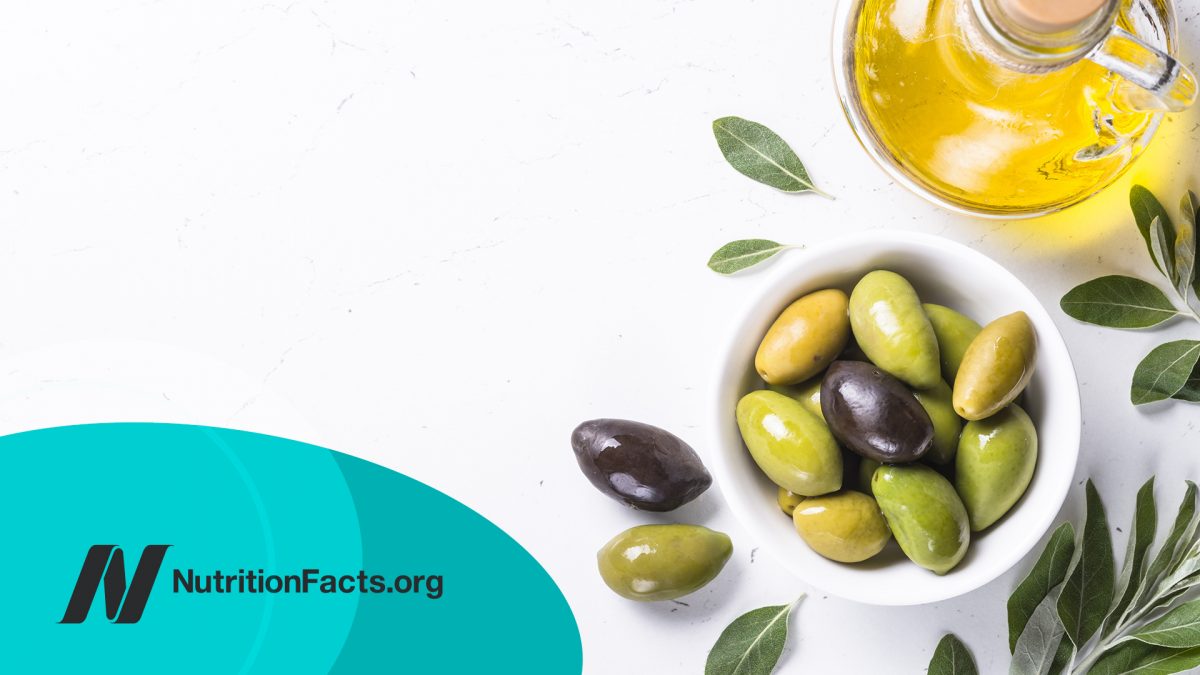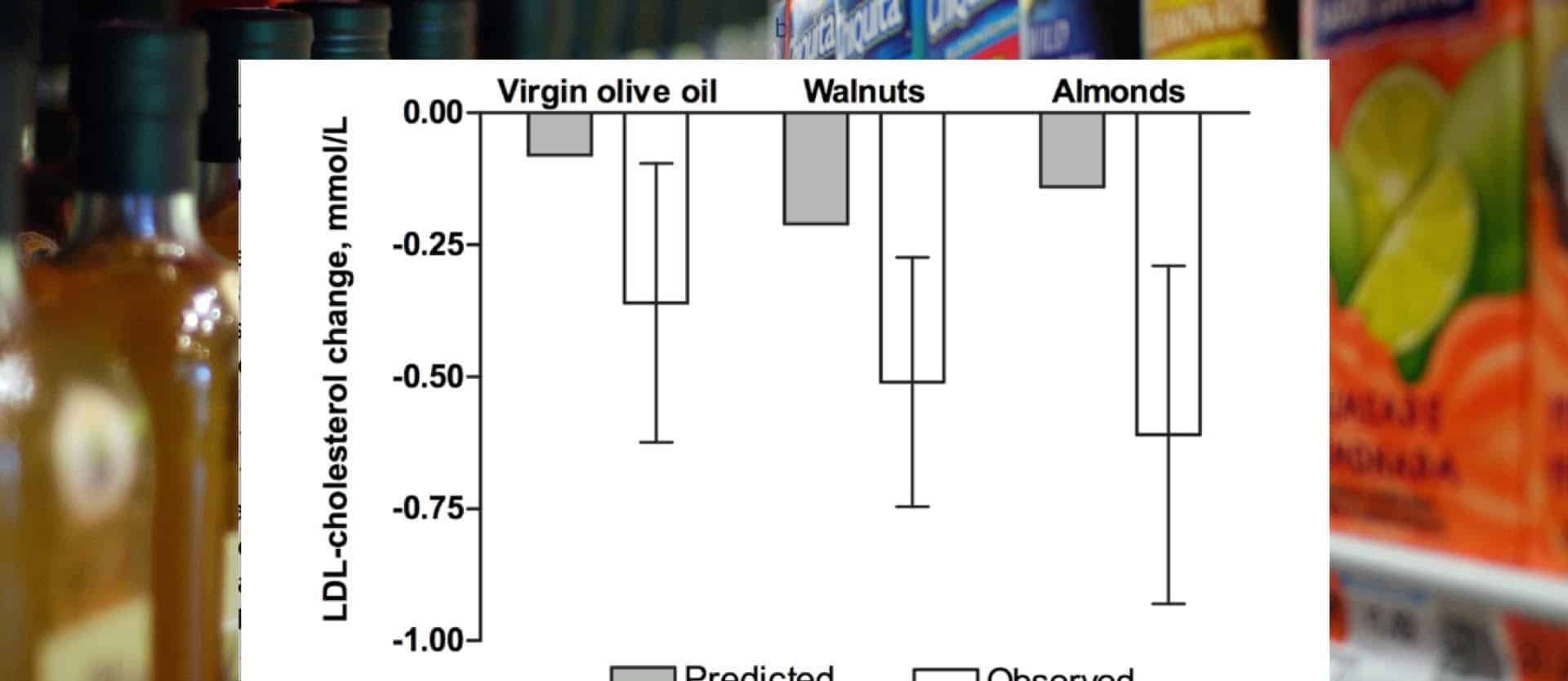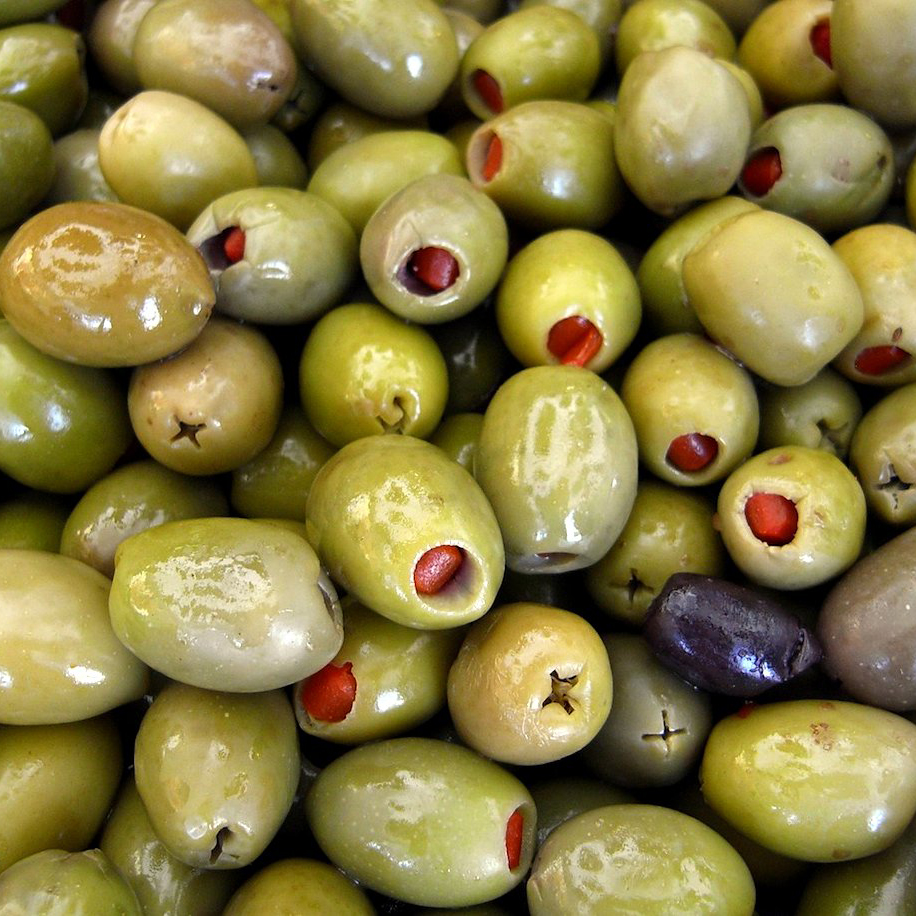
Olives
Topic summary contributed by volunteer(s): Daniela and Linda
Olives, the fruit of the olive tree, have more nutrients than olive oil, just as all whole fruits tend to have more health benefits than their juices alone. When olives are processed for their oil, the olive waste water is thrown out, and many water-soluble nutrients are lost. Unfortunately, since whole olives are preserved in brine with high salt content, the recommendation is to eat them in moderation.
For substantiation of any statements of fact from the peer-reviewed medical literature, please see the associated videos below.
Image Credit: Flickr. This image has been modified.
Popular Videos for Olives


Extra Virgin Olive Oil for Arthritis
What happened when topical olive oil was pitted against an ibuprofen-type drug for osteoarthritis and...
Extra Virgin Olive Oil vs. Nuts
The short-term effect of replacing refined olive oil with extra virgin olive oil, walnuts, or...All Videos for Olives
-

Extra Virgin Olive Oil for Arthritis
What happened when topical olive oil was pitted against an ibuprofen-type drug for osteoarthritis and rheumatoid arthritis?
-

What Causes Diabetes?
Saturated fat can be toxic to the insulin-producing beta cells in the pancreas, explaining why animal fat consumption can impair insulin secretion, not just insulin sensitivity.
-

Which Parts of the Mediterranean Diet Extended Life?
Of all the components of a healthy Mediterranean diet, which are associated with a longer lifespan?
-

Lipotoxicity: How Saturated Fat Raises Blood Sugar
The reason those eating plant-based diets have less fat buildup in their muscle cells and less insulin resistance may be because saturated fats appear to impair blood sugar control the most.
-

Extra Virgin Olive Oil vs. Nuts
The short-term effect of replacing refined olive oil with extra virgin olive oil, walnuts, or almonds on cardiovascular risk factors.
